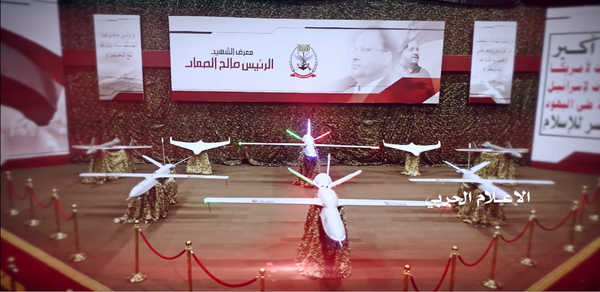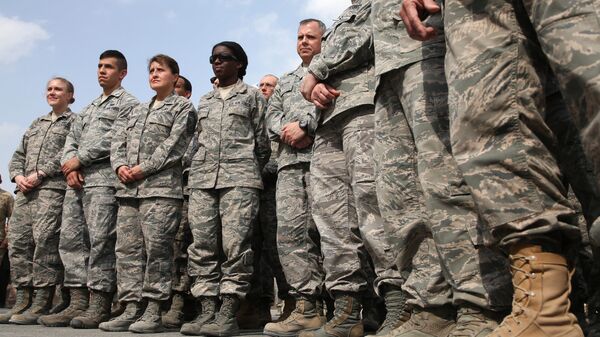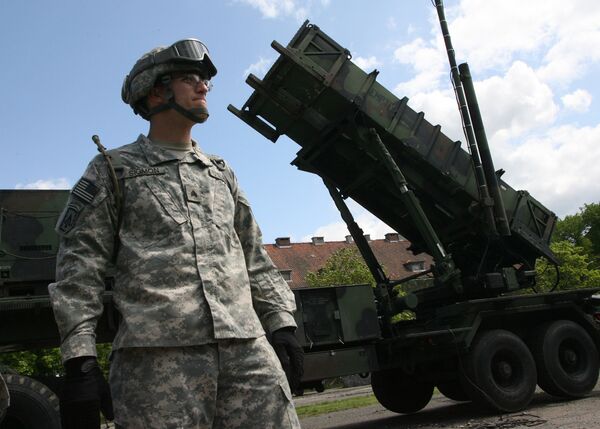The Pentagon has confirmed in a press statement that it will be deploying more US troops to Saudi Arabia, with the deployment to include 3,000 troops, two fighter squadrons, an Air Force expeditionary wing, two Patriot missile batteries and one THAAD system.
Earlier, informed sources told Reuters the United States intends to send thousands more troops to Saudi Arabia following last month's drone attacks on Saudi oil production facilities.
The sources did not clarify troop numbers, but said it would be in the "thousands."
Previously, in late September, the Pentagon reported on plans to deploy an additional Patriot missile system battery, four Sentinal radar systems, and approximately 200 support personnel to beef up Saudi security in the wake of the oil facility attacks.
Multiple drones infiltrated Saudi airspace on September 14, seriously damaging two major oil processing facilities and temporarily knocking out some 5.7 million barrels of the country's daily oil output. The company expects to return to full capacity next month, but has warned that global inaction could lead to further similar attacks.
The Houthis, a militia movement with de facto control over much of Yemen, claimed responsibility for the attacks, and threatened more unless Saudi Arabia and its allies ended their four year campaign in the war-torn country. The Houthis have been launching attacks on Saudi infrastructure, military facilities and population centres for several years using drones and ballistic missiles which the US has claimed are sourced in Iran. Saudi Arabia and a coalition of mostly Gulf allies began an operation in Yemen in March 2015 in a bid to restore the country's ousted president.

The US and its European allies have blamed Iran for the oil facility attacks, but stopped short of taking steps to escalate the already tense security situation in the region. The Aramco attacks came just days after reports that US President Donald Trump had floated the idea of lifting sanctions against Tehran during a discussion with recently dismissed National Security Adviser John Bolton, with Bolton reportedly strongly disagreeing with the idea.
Tehran has denied any involvement in the oil attacks, and warned regional powers and "outsiders" against any steps which would escalate tensions, while proposing the creation of a broad regional coalition, including Saudi Arabia, to ensure security in the region's waterways at last month's UN General Assembly.



